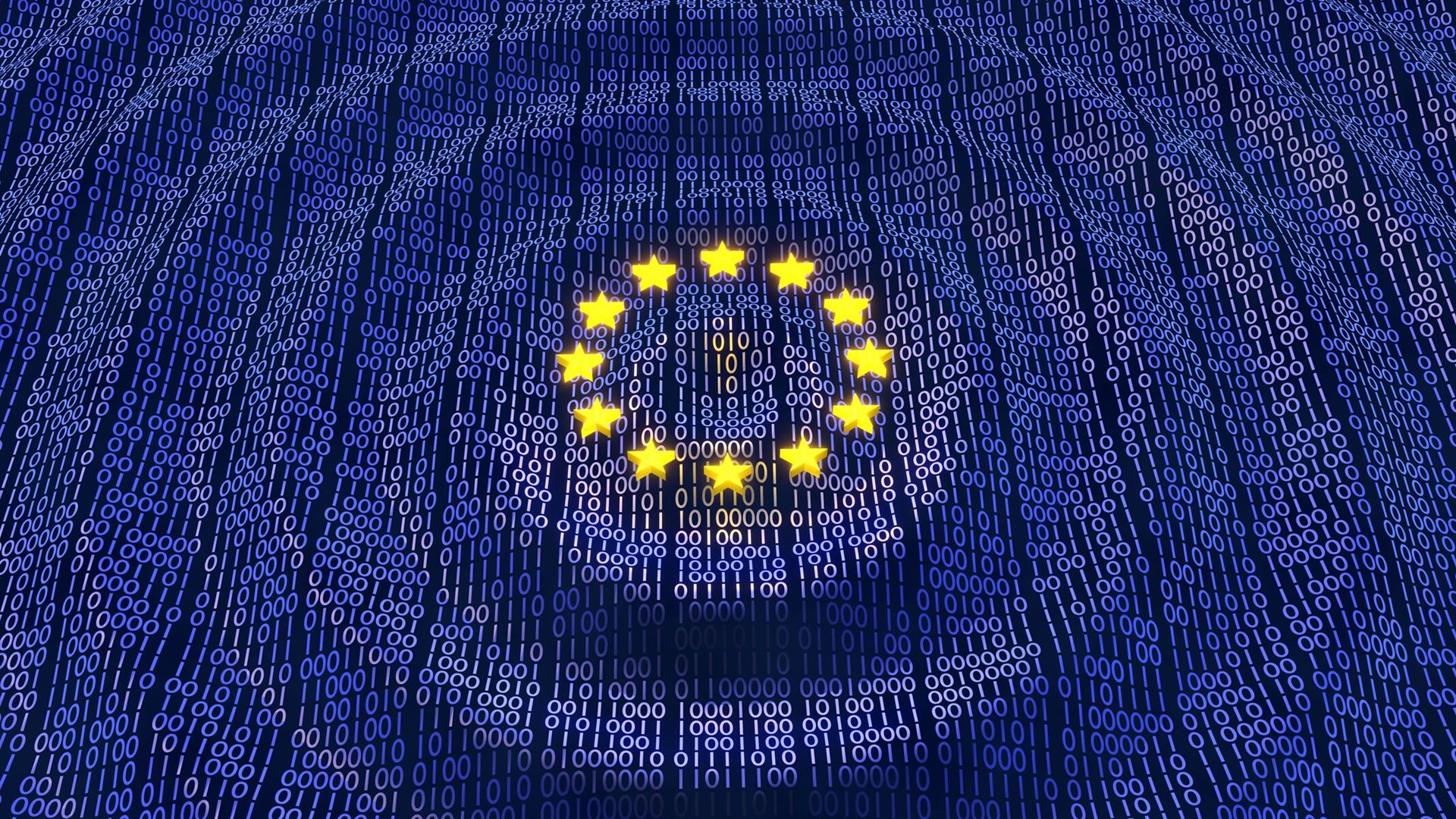Unreasonable action can provoke chilling effect on EU business
Today, the European Commission presented its proposal for a Data Act. It is part of the EU Data Strategy presented in February 2020 to unlock the potential of non-personal, business data. The aim is to better exploit the massive increase of volume of data generated by humans and machines, and to increase the trust in data-sharing in general, mitigate conflicting economic incentives and overcome technological obstacles that hinder data-driven innovation.
BusinessEurope Director General Markus J. Beyrer said:
“European business is facing a global data competition. The “winners” in this race will advance greatly in key strategic technologies. That’s why we need sensible and competitive legal frameworks, crucial for European companies to succeed in this global race.
Over the years European companies have used data-sharing agreements that are simple, intelligible, secure, interoperable, and affordable. The EU’s Data act should not become an obstacle for EU companies to invest and to grow by enforcing data sharing where no market failure exists.
When it comes to data sharing between business and government, the Covid pandemic is a good example: European businesses have cooperated efficiently with public authorities to manage the emergency situations.”
It is also very important not to undermine the confidentiality of trade secrets and to be consistent with the general data protection regulation (GDPR) and with intellectual property rights (IP). The EU data sharing framework should be underpinned through cloud infrastructure based on security, interoperability, portability, and openness principles. This will build trust for market participants to share, store and process data.
At the same time, European companies face obstacles, legal uncertainty and increased cost of doing business across the Atlantic due to the absence of an EU-US data transfer framework. That’s why we support a robust framework and its swift adoption.






